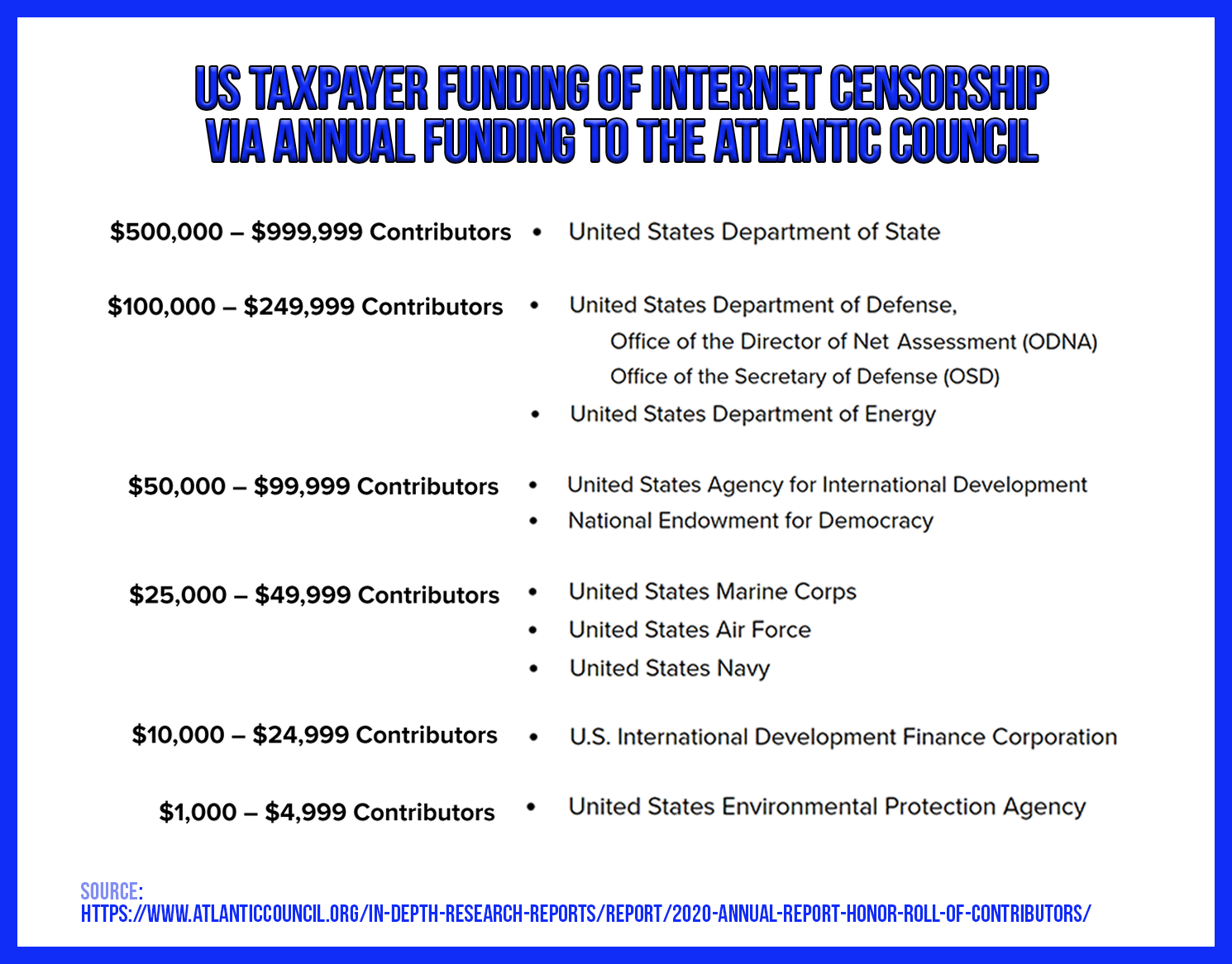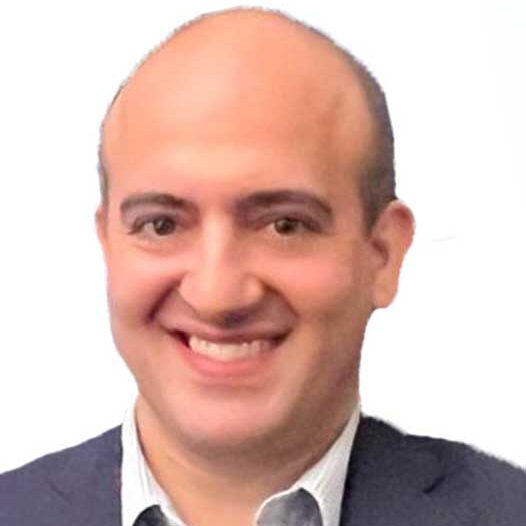Twitter’s former head of Trust and Safety, Yoel Roth, has had several high-profile speaking engagements in the past weeks (see here, here and here), alongside other prominent censorship industry insiders. Roth, whose team played the key role in speech control for the 2020 US presidential election cycle, recently spoke at UCLA’s School of Law, where he painted a somber picture of the diminished power of censorship professionals ahead of 2024.
A recurring theme in Roth’s remarks: the censorship industry is slowly but surely being put on the defensive.
Transcript:
I would argue it’s swinging because of exactly those same dynamics of public pressure that prompted the investment in the first place… And I mentioned that because on one hand that’s great, it sounds like all of the pressure on platforms really drove a meaningful impact. But we’re now seeing it swing in the exact opposite direction. And it’s not just Elon Musk firing everyone, like sure he did that, but why did he do it? He did it because we took our foot off the gas.
The bottom line of Roth’s diagnosis: pressure against censorship institutions is succeeding on all fronts. Investigations from multiple Congressional committees (see, e.g., House Judiciary Committee, House Oversight Committee, House Homeland Security Committee); lawsuits on both Constitutional and tortious interference grounds filed against government-partnered censorship cut-outs in academia plus their partners in federal government; scrutiny and ongoing news cycles arising from the Twitter Files; and the evaporation of the “RussiaGate” panic – all of these, combined, have forced the censorship industry into a prickly, indignant retreat.
Full remarks here:
Loss of Consensus
In his remarks at UCLA, Roth said that “the pendulum” of public opinion and institutional pressure has swung against his fellow disinformation professionals. This pressure for more speech freedom, Roth continued, was why Elon Musk was able to make cuts to X’s election integrity team without much pushback, and why tech companies have “more latitude to reduce investments in space” — i.e., pay for fewer censorship personnel and services.
Roth’s remarks suggested that Silicon Valley companies are mostly reluctant partners in the censorship industry, responding to outside pressure from the media and NGOs only when they must. This new reluctance extends beyond the platform of X. Former Facebook censor Frances Haugen (lauded as “the Facebook whistleblower”), in 2021 cited Meta’s decision to wind down her “Civic Integrity” team after the 2020 election as a key reason for her coming forward.
Roth explained that a brief consensus once existed in which both major political parties were convinced by media panic that robust speech controls were necessary to thwart “Russian disinformation.” This bipartisan consensus, which was strongest immediately after the 2016 election, created critical early momentum for the establishment of the censorship industry. Once it became apparent that media-fueled fears of “Russian disinformation” were largely a pretext to censor Americans domestically, however, the consensus broke down.
As Roth puts it (15:25 timestamp):
“We’ve stopped treating election security as an existential question. We’ve let it become politicized.”
Roth also bemoaned the fact that much of the public at large now believes that “Russian interference on social media” was a hoax (15:35 timestamp):
“We’re no longer even occupying a shared reality where we can all agree that Russian interference was a thing that happened in 2016… and that that’s bad. RussiaGate is now treated as a conspiracy.”
This reference to the nexus between RussiaGate and political censorship powers is noteworthy considering Roth’s fellow panelist by his side at the UCLA law panel, Josh Lawson, is now at the Aspen Institute, which directly hosted the Hunter Biden Laptop Censorship Simulation to pre-censor the laptop’s release as “Russian disinformation” mere days before the story broke and was indeed censored as such.
Further, while Roth castigates those who doubt bogus or dubious claims of Russian interference, Roth is known to be well aware that such claims are often made up. Twitter Files emails revealed that both Roth and others at Twitter were shocked by the censorship industry baselessly labeling conservative political speech as “Russian disinformation” after 2016.
The Twitter Files emails show Roth complaining that Hamilton 68, a dashboard developed by the Alliance for Securing Democracy, “falsely accuses a bunch of legitimate right-leaning accounts of being Russian bots.” Denouncing Hamilton 68’s analysis as “bullsh*t,” Roth noted that “Virtually any conclusion drawn from it will take conversations in conservative circles on Twitter and accuse them of being Russian.”


Roth also implored: “Real people need to know they’ve been unilaterally labeled Russian stooges without evidence or recourse.”

Twitter 1.0, of course, did no such thing, in terms of telling people how they’d been falsely labeled Russian bots.
Roth now seems to be saying that the Russia panic served a useful purpose – temporarily creating a false consensus that could be exploited to tighten political controls over speech. This false illusion is the “shared reality” that existed between 2016 and 2020, and which, according to Roth, no longer politically holds.
Not to be outdone, Katie Harbath — Roth’s co-panelist and frequent co-speaker at election disinformation events — implored people on the panel to “panic responsibly” over their loss of control over election speech in 2024 as compared to 2020:
Transcript:
So I know we’ll probably talk a lot about the US today, but it’s really important to know that’re on the globe. So I know we’ll probably talk a lot about the US today, but it’s really important to know that’s the first time ever in the history that you’re gonna have in the same years US presidential election elections in India, Indonesia, maybe Ukraine, Taiwan, Mexico, the UK, the European Parliament. There’s 65 national level elections across 54 countries... and so that’s a lot of fronts for these platforms to cover. I’m nervous about, that’s just a lot of chaos. That’s a lot of chaos, a lot of different things that could play off of one another other. My implore to everybody is to panic responsibly as we go into all this.
Of course, the above quote hits different when one accounts for Horvath’s peculiar background affiliations. Beyond spending 10 years at Facebook, Harbath’s bio notes that she both is a senior advisor to the International Republican Institute (IRI) and a fellow at the Atlantic Council.
The IRI is the GOP wing of the National Endowment for Democracy, whose role as a frequent cut-out for the Central Intelligence Agency has been acknowledged by no less than Washington Post. As FFO previously reported:
The NDI and IRI are notable in that they form the two explicitly partisan branches — representing the Democrat and Republican parties respectively — of the National Endowment for Democracy (“NED”).
The NED has accrued considerable notoriety over the years, since its founding in 1983, as a semi-covert facilitator of US-backed coups of foreign governments. A 1991 Washington Post article about the NED entitled “The New World Of Spyless Coups” described NED as a publicly deniable, privatized branch of the CIA. NED co-founder Allen Weinstein told the Post: “A lot of what we do today was done covertly 25 years ago by the CIA.”
Further, as FFO previously reported, the Atlantic Council has seven (7) former CIA directors currently serving on its own board of directors (Michael Hayden, James Woolsey, Leon Panetta, David Petraeus, Michael Morrell, William Webster and Robert Gates). It draws funding from the US State Department, the US Defense Department, as well as the NED.

Harbath’s Atlantic Council even hosted censorship instructional training sessions to get journalists to act as censorship mercenaries ahead of the 2020 election:
For a deep dive on the Atlantic Council’s role in the censorship industry, see FFO reports here and here.
Harbath is not alone on the panel, however, in being a fellow at CIA-linked institutions. Yoel Roth himself is presently a fellow at the Carnegie Endowment for International Peace, whose president for the seven years leading up to the Biden Administration was Bill Burns — the man who is now the head of the CIA.
Censorship “Research” Institutes Exposed
In another recent public appearance, at Vox Media’s code conference, Roth said that lawsuits involving “disinformation research” university centers were also crippling their impact.
Transcript:
“Hundreds of university researchers, people who are not usually in the limelight… university researchers are now getting sued, and are subject to discovery in these lawsuits, and are having to turn over thousands of emails between them and their students, and about research projects, for ultimately frivolous and vexatious lawsuits about, I dunno, censorship or something.”
While “I dunno, censorship or something” is a terrific unintended description of Roth’s former job, the real thrust of Roth’s remark is that legal scrutiny of the censorship industry — and the public transparency that comes from the legal discovery process — is causing painful unwanted sunlight to enter the space, prompting “disinfo” practitioners to scatter. As Roth points out, university departments – unlike the federal agencies that instrumentalize them as cut-outs – are not used to dealing with lawsuits and subpoenas.
Of course, Roth’s portrayal of “university researchers” having no role in Internet censorship is an outright falsity that FFO has exposed time and time and time again. Here, as just one of innumerable examples, are such “researchers” bragging about their active role in using coercive threats and pressure to successfully get all of the major platforms to adopt new censorship policies ahead of the 2020 election:
Taking the Government’s Boot off Silicon Valley’s Neck
Roth also told Vox Media that Missouri v. Biden (the major free speech case currently before the Supreme Court) and other lawsuits have been effective in halting government collaboration with tech companies on matters of censorship even when injunctions prohibiting such communications have not been in effect. Timestamp 26:10:
“Nobody’s talking. The strategy works even when it loses in court, and that’s really what worries me. It’s a chilling effect. You don’t actually need to prohibit [the] government from talking to platforms, you just need to scare them into not doing it. It’s what they’re doing to academics, it’s what they’re doing to folks working in government, and it’s what they’re doing to the platforms themselves. Because the alternative is getting roped into a lawsuit, getting hauled in front of the judiciary committee, having a public hearing where Marjorie Taylor Greene calls you a pedophile, like those are the consequences.”
Evidently, the ivory tower of academia — which itself casts so many stones in censoring and scattering the ability of US citizens to speak with one another online — is quite unaccustomed to experiencing the pressures they are so prone to inflict on the outside world.

Michael Benz is the Executive Director of the Foundation for Freedom Online. Previously, Mr. Benz served as Deputy Assistant Secretary for International Communications and Information Technology at the U.S. Department of State. Follow him on Twitter @FFO_Freedom.




